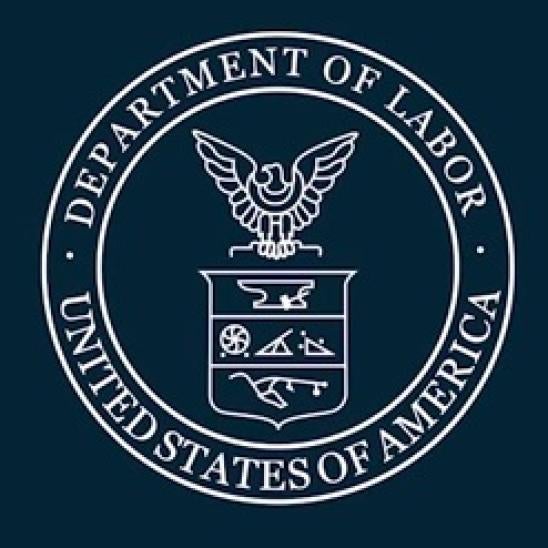Continuing its recent trend of activity, the U.S. Department of Labor (DOL) Wage and Hour Division administrator recently issued five opinion letters concerning a wide variety of topics. Two of the letters concern the outside sales exemption, and another letter dealt with incentive pay from third parties counting towards minimum wage. The fourth letter addressed whether local government emergency management coordinators are properly exempt from the Fair Labor Standards Act’s (FLSA) overtime requirement, while the fifth letter took up the application of the retail or service commission exemption for sales people at new retail stores.
While DOL opinion letters can provide helpful analogies for employers defending against wage and hour complaints, it is important to keep in mind that these letters are not binding authority, unless the letter responds directly to the employer’s inquiry.
Outside Sales
The first letter issued by the DOL determined that sales employees who spent four days of a five-day workweek traveling in a company truck to different locations to sell goods out of the truck were engaged in outside sales. The DOL relied primarily on the fact that the sales people spent 80 percent of their time making sales, and that because the trucks were not in a fixed location, they were not considered the employer’s place of business.
The second “outside sales” opinion letter applied a similar analysis to a scenario where sales employees traveled to trade shows and “big box stores,” among other locations, to demonstrate and sell their employer’s products. The DOL determined that in situations where these employees made their own sales, as opposed to the sales being transacted by the third-party retailer, the sales people may properly be considered exempt under the “outside sales” exemption.
Incentive Payment from Third Parties
The DOL also issued a letter concerning incentive payments to car dealership sales people offered by manufacturers. The DOL determined that the car dealership employer may properly count the incentive payments as wages to satisfy the minimum wage requirements of the FLSA, so long as these payments amount to wages, either explicitly or implicitly, as part of the sales person’s employment agreement with the dealership.
The DOL analogized this type of payment to those received by “tipped employees,” and explained that if the employer and employee agree that these third-party payments qualify as “remuneration for employment,” they can be treated as wages under the FLSA to satisfy the minimum wage requirements.
Emergency Management Coordinators Administrative Exemption
The DOL also opined that emergency management coordinators may qualify as exempt under the administrative exemption, depending on whether certain duties described could be considered the employee’s “primary duty.” The DOL indicated that it did not have sufficient information to make that determination in the dispute at hand. Nevertheless, the DOL stated that operations and emergency planning, government relations, public-facing media relations, volunteer coordination, and grant writing activities are all likely to be considered exempt duties.
Retail or Service Commission Exemption
Finally, the DOL wrote that a sales employee may be properly classified as exempt even at a new retail store where no “representative period” has elapsed to establish that, consistent with DOL regulations, at least 50 percent of the employees’ wages are commissions. The DOL assumed for the purposes of the letter that the employer qualified as a retail or service establishment, and found that there was nothing in the FLSA or the regulations prohibiting such classification for a new store. However, if after a “representative period” elapses the commissions are less than half of the employee’s wages, the DOL stated that the employer must retroactively pay the employee for overtime hours worked.
These opinion letters are a useful insight to the current thinking of the DOL’s Wage and Hour Division, and can provide compliance guidance for employers. Employers should always be mindful to heed the latest wage and hour developments, as these sometimes-technical laws can give rise to significant class and collective litigation and liability.



 i
i


